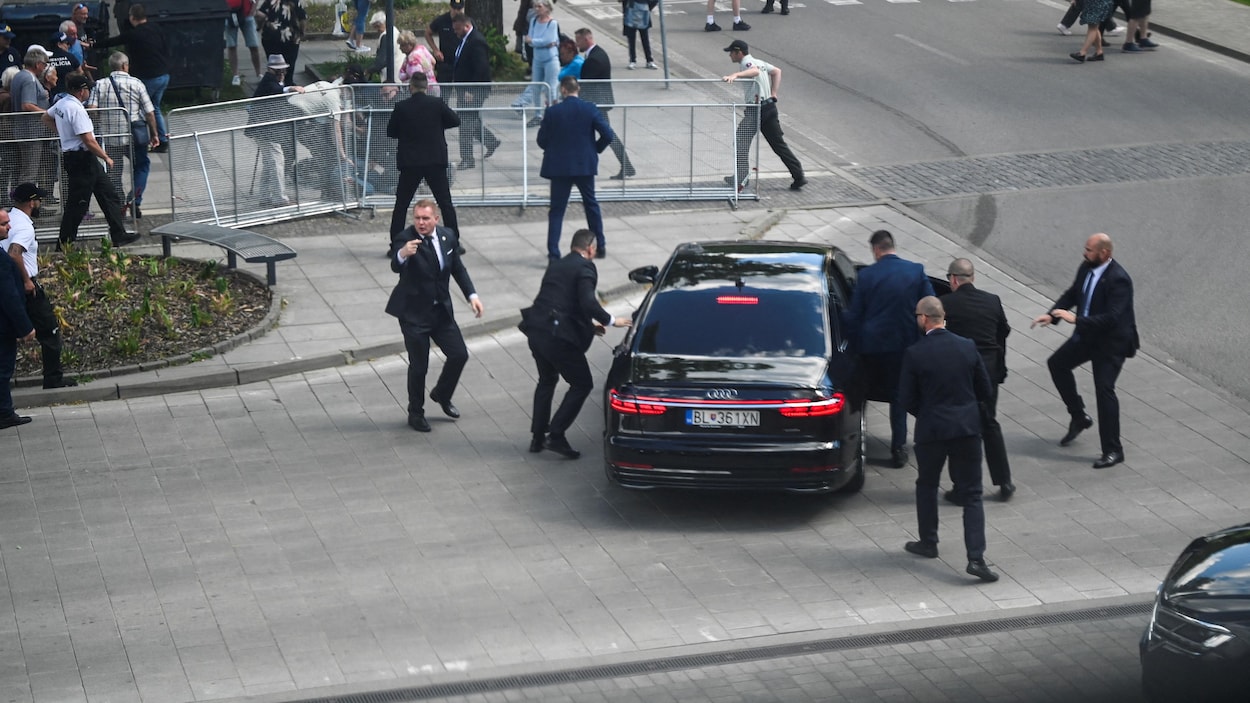
(SEOUL) North Korea launched two short-range ballistic missiles on Tuesday, Seoul announced, a day after the start of its biggest joint exercises with the United States in five years.
“Our military detected two short-range ballistic missiles fired from the Jangyon area in South Hwanghae Province toward the East Sea between 7:41 a.m. (6:41 p.m. EST) and 7:51 p.m.,” the joint chiefs said in a statement. , refers to the body of water also known as the Sea of Japan.
“While ready to intervene within the framework of close cooperation between South Korea and the United States, our armed forces have increased their surveillance and vigilance in anticipation of other missiles,” he said.
On Sunday, Pyongyang fired two cruise missiles from a submarine, ahead of the start of joint exercises between Seoul and Washington dubbed “Freedom Shield,” which will last at least ten days and focus on the evolution of the “security environment.” Due to North Korea’s redoubled aggression, allies said.
Pyongyang said it aimed to test its “nuclear deterrents at different locations”, while criticizing the drills between the two allies.
This kind of maneuvering has raised the ire of North Korea, according to the two allies, against growing threats from Pyongyang. She views them as a dress rehearsal for an invasion of her territory, and usually promises “crushing” action in response.
The South Korean military said the drills included “war-like maneuvers to thwart potential attacks by North Korea and a stabilization campaign in the North.”
“New Views of the Force”
In 2022, Pyongyang called its nuclear status “irreversible” and conducted a record number of ballistic tests in defiance of UN Security Council resolutions.
Last week, leader Kim Jong-un ordered his military to step up military maneuvers for “real war”.
If Pyongyang justifies its missile tests by pointing to military exercises in the South, it must also serve a national purpose, argues Professor Leif-Eric Easley of Ewha University in Seoul.
“The Kim regime doesn’t seem weak as it struggles economically at home and South Korea manages to build its usual firepower and partnerships in defense,” he told AFP.
“As a result, we can expect more performances from Pyongyang.”
Washington has repeatedly reaffirmed its “unwavering” commitment to defend South Korea using its “full range of military capabilities, including nuclear weapons.”
For its part, South Korea wants to appease a public that appears concerned about America’s commitment to so-called extended deterrence, which seeks to use Washington’s military means, including nuclear weapons, to deter attacks against its allies.
As a result, Washington and Seoul last week conducted joint aerial exercises with nuclear-capable US B-52 heavy bombers.
Analysts have previously said North Korea could use the maneuvers as a pretext to launch more missiles or even test a nuclear weapon.
“Further missile launches, variations in style and range, or even a nuclear test are expected. Further acts of intimidation by North Korea are not surprising,” said Chun In-bum, a retired South Korean army general.





